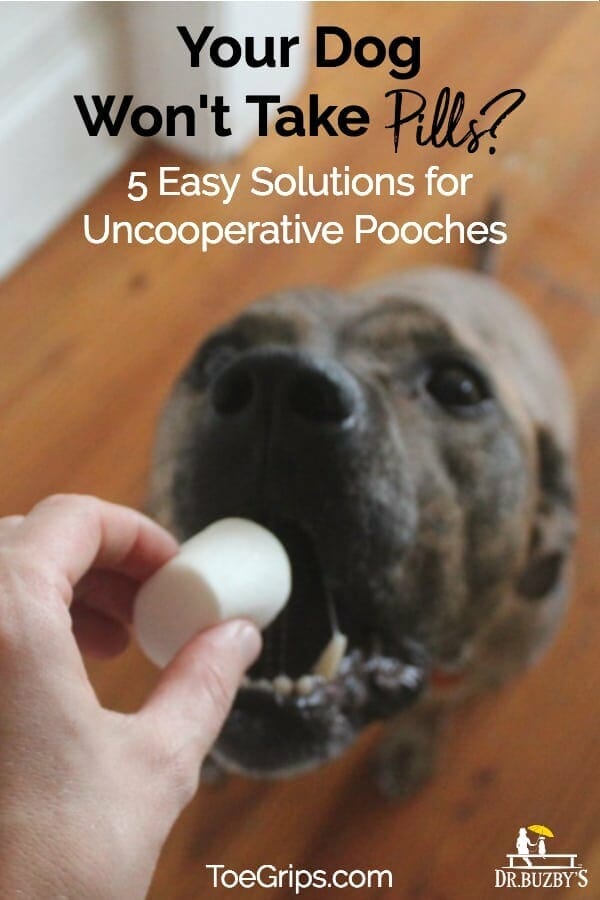Social media posts have recently circulated with false claims that McDonald’s soft serve ice cream contains xylitol, a sugar substitute that is highly toxic to dogs. These posts have caused concern among pet owners, leading to warnings against purchasing ice cream from the fast-food chain. However, McDonald’s has officially confirmed that xylitol is not an ingredient in their soft serve products.
Understanding the Xylitol Danger for Dogs
Xylitol is a sugar alcohol commonly used as a sweetener in many human food products, including baked goods, candies, and some sugar-free items. While safe for human consumption, it poses a severe health risk to dogs. When ingested by dogs, xylitol can cause a rapid release of insulin from the pancreas, leading to a dangerous drop in blood sugar levels, a condition known as hypoglycemia. This can occur within minutes of consumption and can be life-threatening if not treated promptly. Symptoms of xylitol poisoning in dogs include vomiting, weakness, staggering, disorientation, and seizures. The Food and Drug Administration (FDA) has issued warnings to pet owners, urging them to be vigilant about products containing xylitol and to keep them out of reach of their pets.
Debunking the McDonald’s Ice Cream Myth
The recent viral posts falsely alleging that McDonald’s soft serve ice cream contains xylitol have been widely shared, with some posts receiving thousands of shares across various platforms. These posts often include screenshots of warnings intended to protect pets. For example, one post shared over 1,300 times cautioned: “Protect your pets, don’t buy ice cream from MCDonalds.” Another user shared a screenshot stating, “Just so everyone knows. McDonalds ice cream has xylitol sugar in it. Don’t feed any of their ice cream to your pets. Xylitol sugar is toxic to dogs and will kill them in an hour.”
However, McDonald’s USA has directly addressed these claims. In an email to FactCheck.org on April 15, 2022, a company spokesperson stated that their soft serve ice cream does not contain xylitol. Furthermore, a thorough review of the ingredients listed on McDonald’s official website for all their dessert and shake items reveals no mention of xylitol. This official confirmation from McDonald’s serves to debunk the misinformation circulating on social media.
It is important for pet owners to rely on accurate information regarding pet safety. While it’s commendable to be cautious about potential toxins, spreading unsubstantiated claims can cause unnecessary panic. Always check official sources and consult with veterinary professionals if you have concerns about your pet’s diet or potential exposure to harmful substances.
Ensuring Pet Safety and Responsible Information Consumption
The spread of misinformation, particularly concerning pet safety, highlights the importance of critical evaluation of online content. While the intention behind these posts may be to protect animals, the lack of factual basis can lead to confusion and anxiety. Pet owners should prioritize information from reputable sources such as veterinary associations, government health agencies like the FDA, and official statements from food manufacturers.
For pet owners concerned about xylitol and other food-related dangers, it is crucial to educate themselves on common toxic substances. Many everyday human foods can be harmful to pets, including chocolate, grapes, raisins, onions, garlic, and artificial sweeteners like xylitol. Maintaining a safe environment and providing a diet specifically formulated for pets are fundamental aspects of responsible pet ownership.
In conclusion, the claim that McDonald’s soft serve ice cream contains xylitol is false. Pet owners can be assured that this product does not pose a risk of xylitol poisoning to their dogs. This debunking serves as a reminder to verify information, especially when it pertains to the health and safety of our beloved pets. For further guidance on pet nutrition and safety, consulting with a veterinarian is always recommended.

